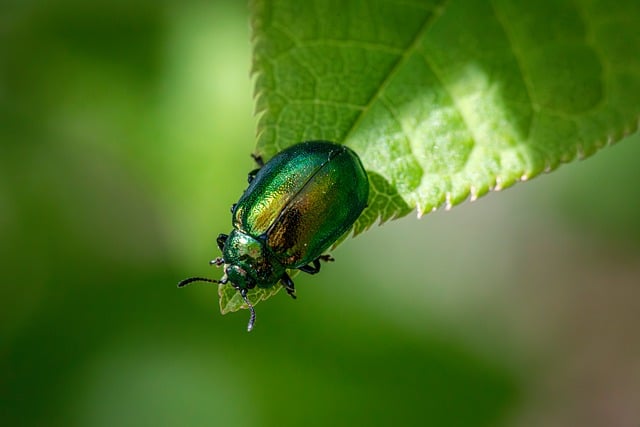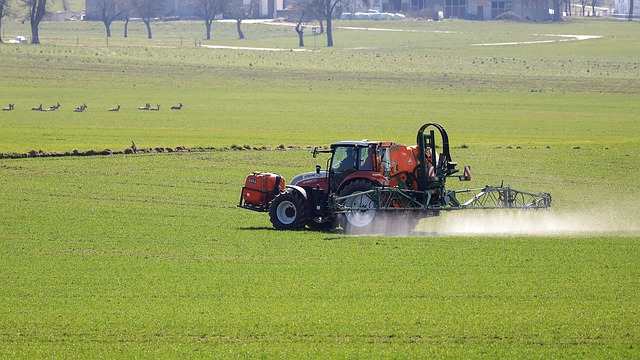Mosquitoes, breeding in stagnant water around fruit trees, pose a significant threat to tree health in Arvada by transmitting diseases that reduce vitality and productivity. Effective insect and disease management is crucial through proactive strategies like targeted breeding site elimination, eco-friendly methods, and understanding mosquitoes' life cycles. Homeowners can protect their trees with regular monitoring, appropriate treatments, optimal tree care, and integrated pest management practices for long-term health and productivity in Arvada-area gardens.
Mosquitoes pose a significant threat to fruit trees in Arvada, impacting their health and yield. This article explores comprehensive pest control strategies tailored to the unique challenges faced by fruit tree growers in this area. We delve into understanding mosquito behavior, effective reduction techniques, and long-term management practices for optimal tree health. By implementing these strategies, local farmers can protect their crops and ensure a vibrant, sustainable agricultural landscape in Arvada, enhancing insect and disease management efforts.
- Understanding Mosquitoes and Their Impact on Fruit Trees in Arvada
- Implementing Effective Pest Control Strategies for Mosquito Reduction
- Long-term Management and Monitoring for Sustained Fruit Tree Health
Understanding Mosquitoes and Their Impact on Fruit Trees in Arvada

Mosquitoes, though often overlooked, can significantly impact fruit tree health in Arvada and surrounding areas. These tiny insects are not just a nuisance; they can transmit diseases that threaten the vitality and productivity of trees. Fruit trees, with their lush foliage and abundant moisture, provide an ideal breeding ground for mosquitoes. The females lay their eggs in stagnant water, and within a few days, larvae emerge, thriving in these quiet pools.
In Arvada, where fruit tree orchards are common, effective insect and disease management is crucial. Professional pest control programs aim to reduce mosquito populations by targeting breeding sites and implementing safe, eco-friendly methods. By understanding the life cycle of mosquitoes and their attraction to certain habitats, arborists can develop strategies to protect trees from these tiny vectors, ensuring healthier, more productive fruit tree crops.
Implementing Effective Pest Control Strategies for Mosquito Reduction

Long-term Management and Monitoring for Sustained Fruit Tree Health

Mosquitoes can significantly impact the health and productivity of fruit trees in Arvada, causing damage that requires proactive insect and disease management. By implementing effective pest control strategies, such as targeted treatments, habitat modification, and biological controls, residents can reduce mosquito populations and protect their valuable fruit trees. Long-term monitoring and sustained management practices are essential to ensure the continued well-being of these vital resources in the community.
